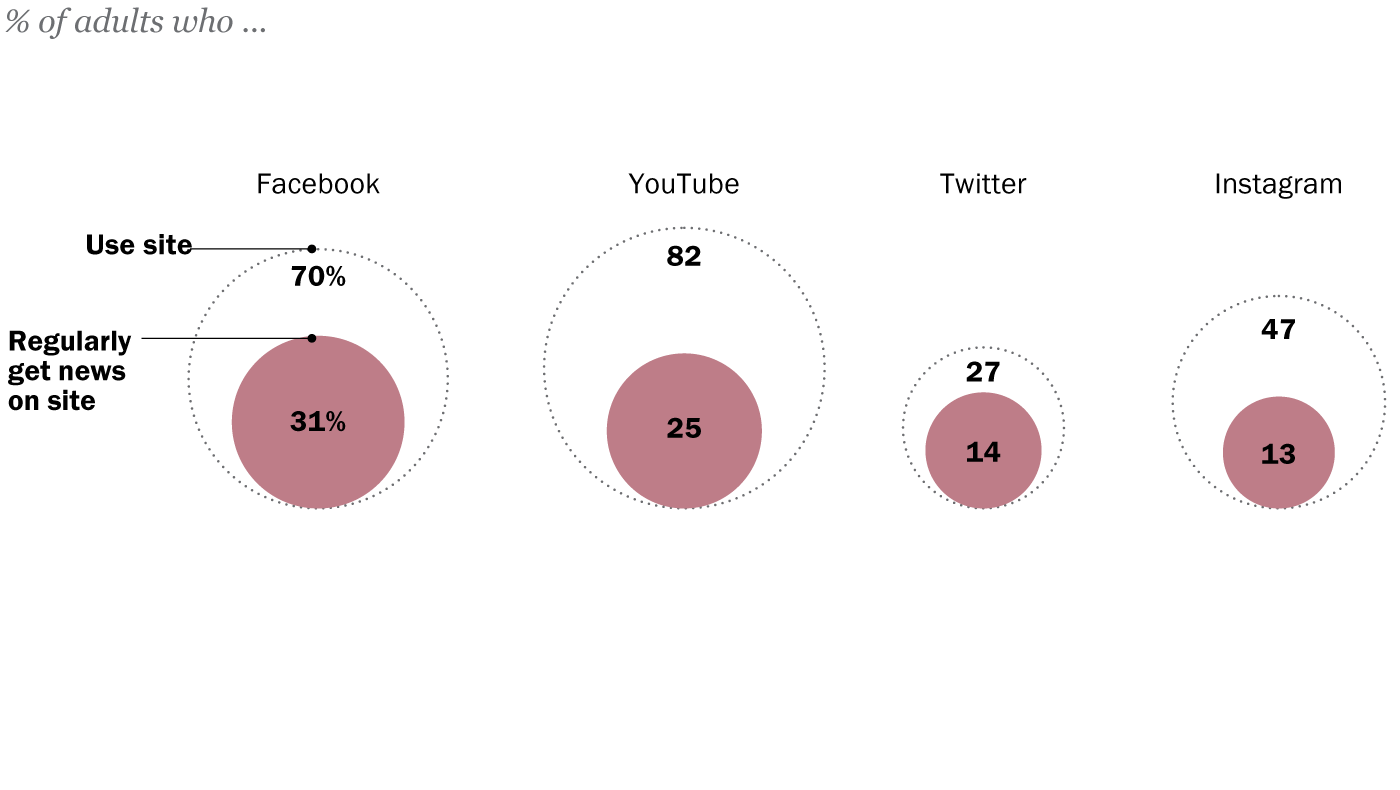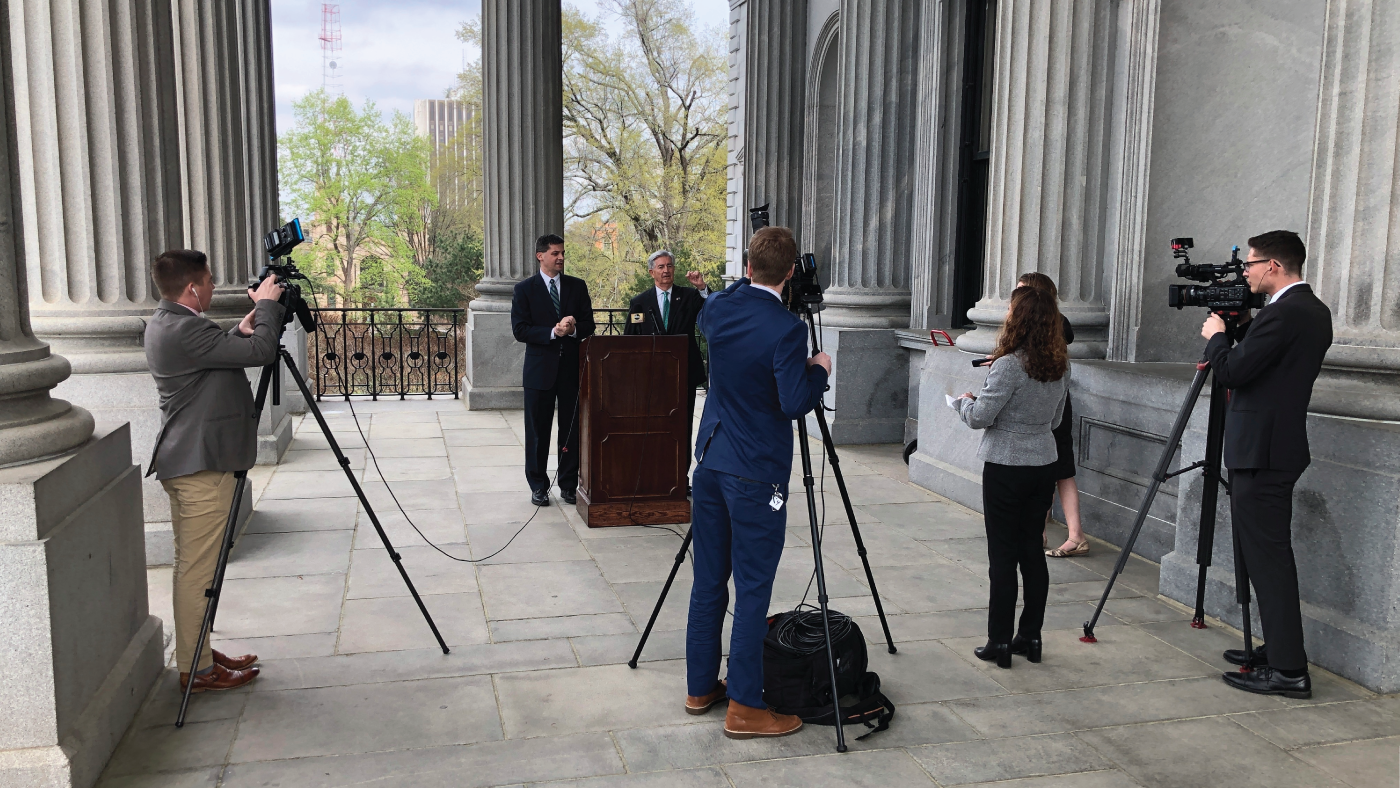
Audio and Podcasting Fact Sheet
The audio news sector in the U.S. is split by modes of delivery: traditional terrestrial (AM/FM) radio and digital formats such as online radio and podcasting.
The audio news sector in the U.S. is split by modes of delivery: traditional terrestrial (AM/FM) radio and digital formats such as online radio and podcasting.
57% of U.S. journalists surveyed say they are extremely or very concerned about potential restrictions on press freedoms in the country.
At least half of Black podcast listeners regularly listen to podcasts about entertainment and pop culture; self-help and relationships; comedy; and money and finance.
A new Pew Research Center survey reveals that podcast listening is highly fragmented, and no one podcast dominates.
Roughly half of U.S. adults say they have listened to a podcast in the past year, including one-in-five who report listening at least a few times a week. Most podcast listeners say this experience includes hearing news, which they largely expect to be mostly accurate. Large shares of listeners say they turn to podcasts for entertainment, learning or having something to listen to while doing something else.
A survey of nearly 12,000 working U.S.-based journalists found that the beats American journalists cover vary widely by gender and other factors.
BitChute is a video-sharing site and an alternative social media platform; here are key facts about the site and its users.
One-in-ten U.S. adults have heard of the alternative social media site Gettr, and only 1% say they regularly get news there.
About one-in-ten U.S. adults have heard of Gab, an alternative social media site, and 1% say that they get news there regularly.
Here are key facts about the alternative social media service Rumble, an online video-sharing platform founded in 2013.
A survey of U.S.-based journalists finds 77% would choose their career all over again, though 57% are highly concerned about future restrictions on press freedom.
Digital news has become an important part of Americans’ news media diets, with social media playing a crucial role in news consumption. Today, half of U.S. adults get news at least sometimes from social media. When it comes to where Americans regularly get news on social media, Facebook outpaces all other social media sites.
In recent years, several new options have emerged in the social media universe, many of which explicitly present themselves as alternatives to more established social media platforms. Free speech ideals and heated political themes prevail on these sites, which draw praise from their users and skepticism from other Americans.
The total number of journalists assigned to state capitol buildings is up 11% since 2014, though figures vary widely by state. And as newspapers employ fewer statehouse reporters, nonprofits are filling much of the void.












